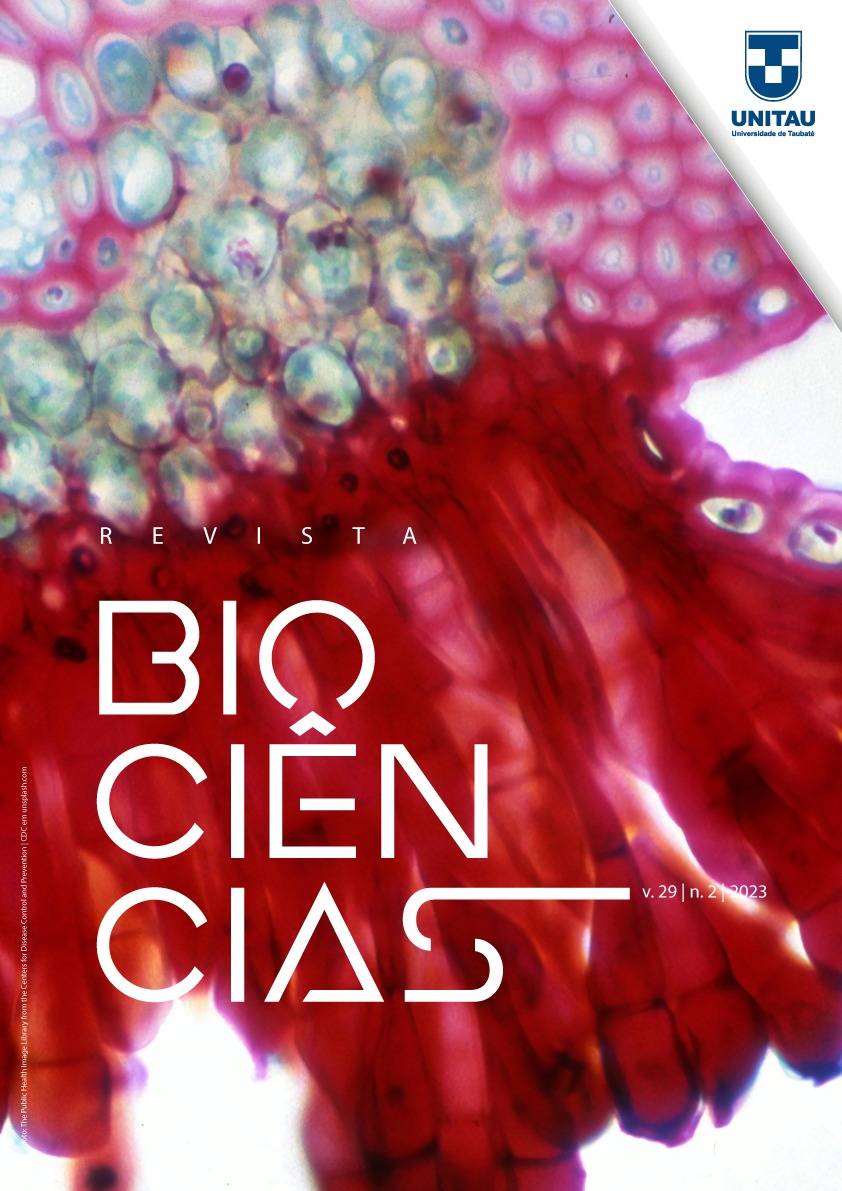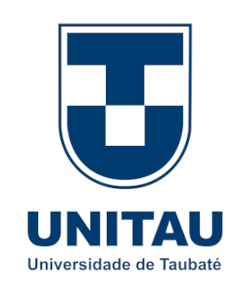Qualidade microbiológica de plantas medicinais comercializadas no município de Taubaté, São Paulo
Abstract
With the high demand for the consumption of medicinal plants, there is a concern about the transmission of pathogenic microorganisms due to the hygienic conditions of their transport, storage and commercialization. The objective of this study was to analyze the microbiological quality of medicinal plants sold in the municipality of Taubaté-SP. Three dried samples of each plant were selected and acquired, two from the Taubaté Municipal Market and one from a supermarket. The selected plants were chamomile (Matricaria recutita L.), lemon balm (Melissa officinalis L.) and espinheira-santa (Maytenus ilicifolia Mart. ex Reissek). The material was later sent to the UNITAU Microbiology Laboratory. For the detection of coliforms, the most probable number method (MPN/g) was used in duplicate for the analysis of total and thermotolerant coliforms. For the selection of specific microorganisms, SS agar, MacConkey agar and Mannitol agar were used. All samples analyzed showed the presence of total coliforms and in 6 (66.66%) of them, thermotolerant coliforms were present. All samples showed growth on Mannitol agar with typical colonies of Staphylococcus spp. The samples, on MacConkey agar, showed growth of colonies suggestive of Escherichia coli, and colorless colonies, suggestive of Salmonella spp. and Shigella spp. On SS agar, the majority showed colonies suggestive of E. coli and some colonies suggestive of Shigella spp. It is concluded that most samples have a high contamination of potentially pathogenic microorganisms, posing a health risk.






